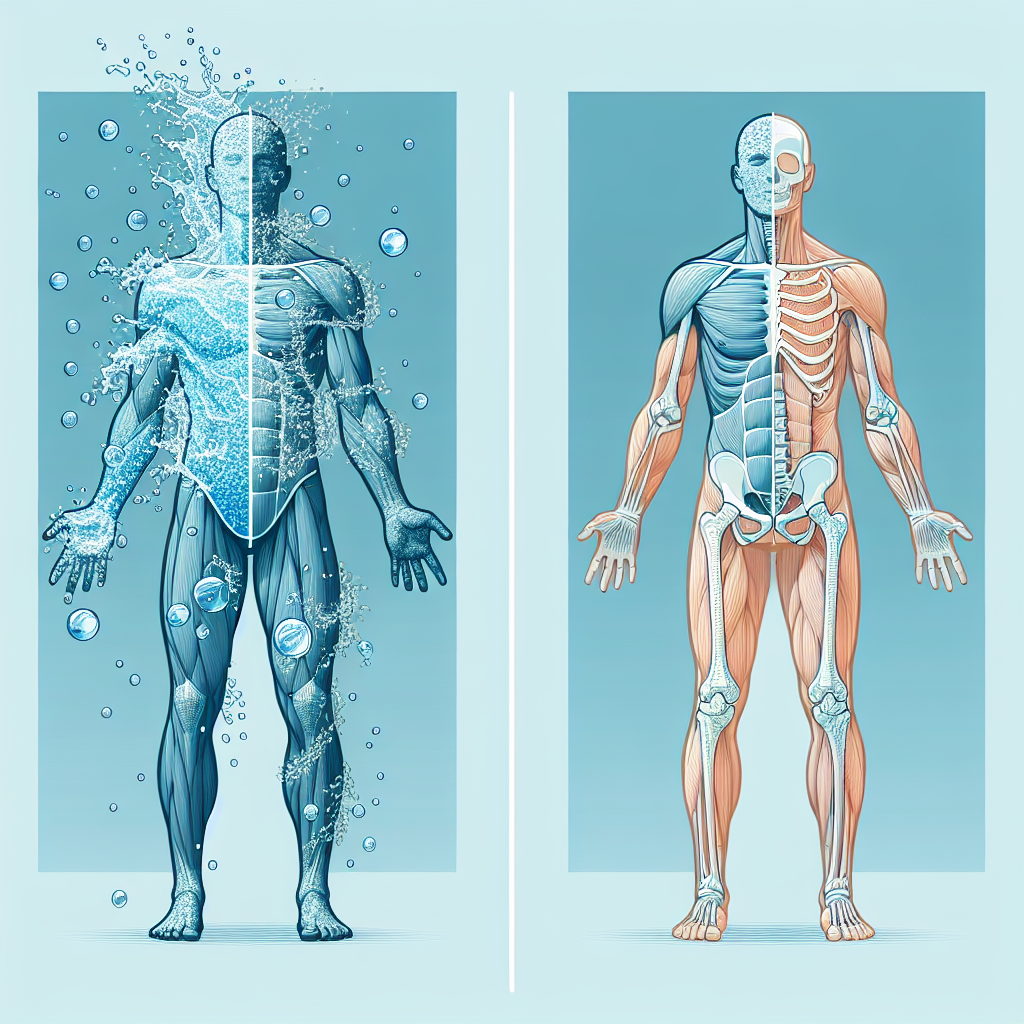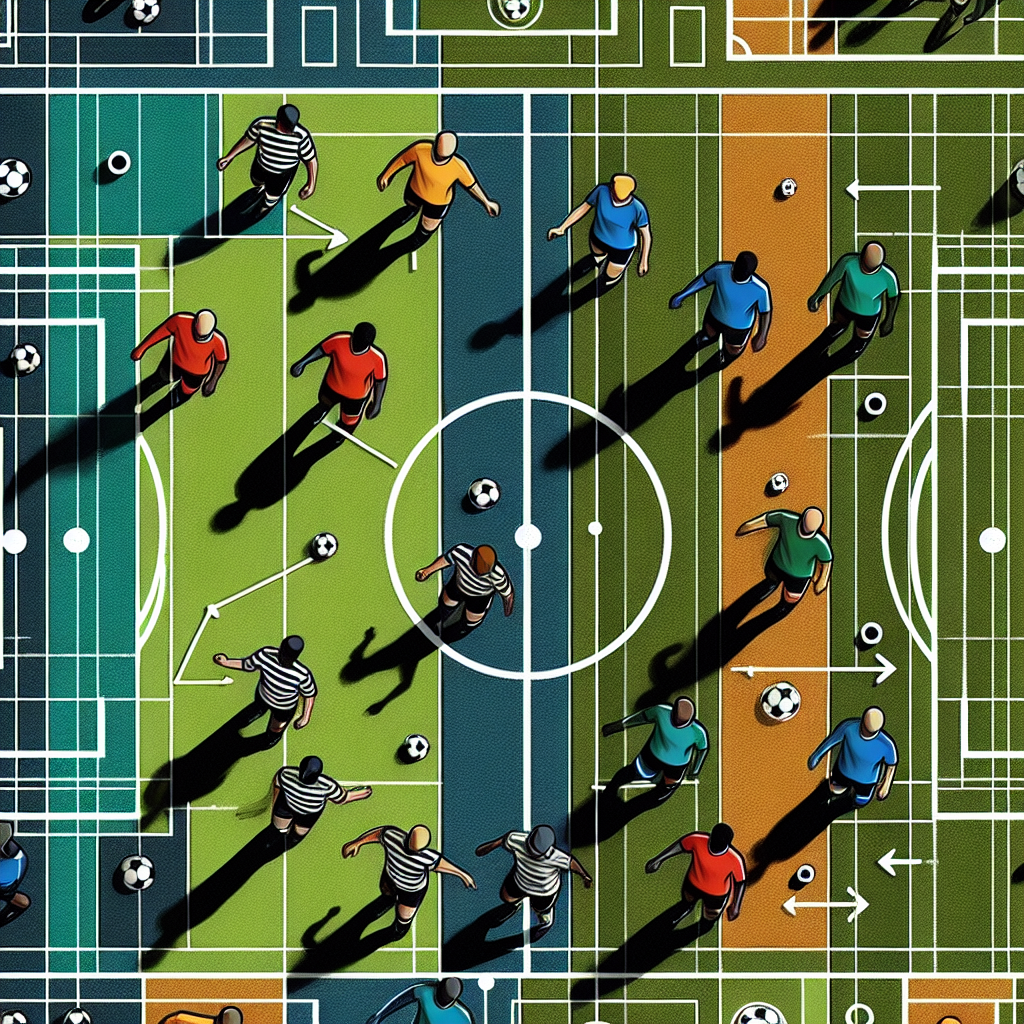
Understanding the importance of hydration is critical for everyone, especially those engaged in physical activities or sports. Proper hydration plays a vital role in not just optimizing performance but also significantly in injury prevention. This article explores various facets of hydration and its overarching impact on injury risks, aiming to provide valuable insights for athletes, trainers, and fitness enthusiasts alike.
The Science Behind Hydration and Muscle Function
Hydration serves as a fundamental pillar for effective muscle function. Water is essential for numerous biochemical reactions within the body, accommodating the optimal conditions necessary for muscle contractions. When we’re adequately hydrated, muscle fibers are more pliable, which allows them to stretch and contract efficiently. This adaptability reduces the likelihood of strains and sprains during intense physical exertion. Conversely, dehydration compromises muscle performance by causing stiffness and reducing endurance, making individuals more susceptible to injuries.
In 2025, emerging research continues to underline the importance of maintaining hydration for athletes undergoing strenuous training. Studies indicate that even a minor fluid loss of 1-2% can impact performance and increase injury likelihood. As our understanding of hydration evolves, sports organizations are increasingly advocating personalized hydration strategies, tailored to individual needs based on body weight, environmental conditions, and intensity of activity. These advancements in hydration science signify a crucial step toward mitigating injuries in competitive and recreational sports.
Hydration’s Role in Joint Health
In addition to its importance in muscle function, hydration plays a significant role in maintaining joint health. The cartilage that cushions joints is primarily composed of water, and proper hydration is essential to preserve its integrity. When the body lacks sufficient fluid, the cartilage becomes less resilient, which can lead to increased friction and wear, ultimately resulting in injuries like tendinitis or joint sprains. Understanding the relationship between hydration and joint biomechanics is essential for athletes, particularly those engaged in high-impact sports.
Furthermore, individuals in physically demanding professions or sports should actively manage their hydration levels to maintain joint health. Dehydration can lead to an increase in the production of inflammatory markers, which can exacerbate joint stress and pain. In 2025, innovative hydration technologies, such as smart water bottles equipped with sensors that track hydration levels, are becoming mainstream, helping athletes monitor their fluid intake effectively. Leveraging these tools can play a pivotal role in injury prevention by promoting proactive hydration practices, thereby safeguarding joint health during physical activities.
Potential Injuries Linked to Dehydration
Dehydration significantly heightens the risk of various injuries, including muscle cramps, heat exhaustion, and even heatstroke. Muscle cramps, often triggered by fluid loss and electrolyte imbalances, can be extremely painful and debilitating, leading to disrupted performance or training halts. In high-temperature environments, the body’s inability to effectively cool itself through sweat exacerbates these risks, placing athletes in jeopardy of severe heat-related illnesses. The dangers of dehydration are not limited to simply soreness but can culminate in life-altering conditions when not appropriately addressed.
Athletes and fitness enthusiasts must recognize the warning signs of dehydration, such as excessive thirst, reduced urine output, and dry mouth. As we move through 2025, modern wearable technology is becoming increasingly sophisticated, allowing individuals to track sweat rates and fluid losses in real-time. This data empowers athletes to make informed hydration decisions before, during, and after engaging in physical activities, significantly reducing the likelihood of succumbing to dehydration-related injuries.
Additionally, a lack of hydration can lead to diminished cognitive function, which further raises the risk of injury during sports and exercise. Inadequate fluid levels can impair concentration, reaction time, and decision-making abilities, increasing the chance of accidents and injuries on the field, track, or gym. By understanding the essential links between hydration, mental acuity, and injury prevention, individuals can take a more holistic approach to their training and health strategies.
Hydration Strategies for Injury Prevention
Implementing effective hydration strategies is crucial for athletes aiming to optimize performance and minimize injury risks. One foundational strategy is to establish a consistent hydration plan that includes regular fluid intake before, during, and after physical activities. Hydration needs can vary significantly from athlete to athlete based on factors such as workout intensity, environmental conditions, and individual sweat rates. In 2025, advancements in sports science provide tools and apps designed to help individuals calculate their personalized hydration requirements, fostering more effective hydration habits.
Furthermore, athletes should prioritize electrolyte replenishment, especially during prolonged or intense exercise. Electrolytes such as sodium, potassium, and magnesium are vital for maintaining fluid balance and muscle function. Sports drinks that contain electrolytes can be beneficial during longer training sessions, as they help replace vital minerals lost through sweat. Still, it’s essential to approach electrolyte supplementation with caution, as overconsumption can be counterproductive and lead to additional health risks.
Finally, adopting a mindful approach to hydration can further enhance injury prevention efforts. Athletes should learn to listen to their bodies, recognizing signals of thirst and fatigue as indicators of potential dehydration. Incorporating hydration breaks into training sessions allows individuals to assess their fluid levels consciously, fostering a proactive rather than reactive response to hydration needs. In 2025, dedicated hydration tracking features in fitness apps allow for seamless integration of mindful hydration into training regimens, promoting long-term health and performance.
The Importance of Education on Hydration Practices
Education on hydration practices is paramount in elevating awareness about its critical role in injury prevention. Coaches, trainers, and sports organizations must emphasize the importance of hydration in their training programs, encouraging athletes to develop a comprehensive understanding of their fluid needs. Workshops and seminars focusing on hydration education can supply teams and individuals with knowledge on optimal hydration strategies while dispelling common myths surrounding fluid consumption.
Additionally, educating athletes about the relationship between hydration and nutrition is vital for creating effective injury prevention strategies. Proper nutrient intake complements hydration efforts by ensuring that the body is adequately fueled for performance and recovery. Awareness of the role of foods with high water content, such as fruits and vegetables, can also aid athletes in meeting their hydration needs without solely relying on fluid intake.
In 2025, collaborative efforts between athletes, nutritionists, and fitness professionals foster a culture of hydration awareness. By leveraging technology and educational methods, a holistic approach to injury prevention emerges, emphasizing the profound significance of hydration as a cornerstone for athletic health and performance. This united front not only leads athletes toward improved performance but also significantly decreases the likelihood of sports-related injuries.
Conclusion
Understanding the importance of hydration in injury prevention cannot be overstated. With significant implications for muscle and joint health, hydration directly influences physical performance and overall well-being. Athletes and fitness enthusiasts are encouraged to develop personalized hydration strategies, stay informed about the latest advancements in hydration science, and engage in consistent education regarding best practices. By fostering a culture of awareness and proactive hydration habits, individuals can reduce injury risks and enhance their athletic performance for years to come.
FAQs about Hydration and Injury Prevention
How much water should I drink daily to prevent injuries?
The recommended daily water intake varies based on individual needs, activity levels, and environmental conditions, but it is commonly suggested to aim for at least 2-3 liters of water daily, adjusting based on sweat losses and physical exertion.
Can dehydration cause long-term health issues?
Yes, chronic dehydration can lead to various long-term health issues, including kidney problems, urinary tract infections, and can exacerbate joint and muscle conditions, increasing the risk of injuries.
What are some signs that I need to hydrate immediately?
Signs of dehydration include excessive thirst, dry mouth, decreased urine output, dark yellow urine, fatigue, dizziness, and muscle cramps. Addressing these symptoms promptly can help mitigate the risk of injuries related to dehydration.
Are sports drinks necessary for hydration during exercise?
While they can benefit those engaged in prolonged or high-intensity exercise, sports drinks are not always necessary. Regular water is sufficient for moderate activity. It’s vital to balance electrolyte intake based on personal needs and workout intensity.
Can I rely solely on thirst as an indicator of hydration needs?
While thirst can indicate hydration needs, it is not always a reliable measure. Many athletes may not feel thirsty until they are already dehydrated. It’s essential to proactively manage hydration to avoid reaching that point.
Ultimately, understanding the multifaceted importance of hydration in injury prevention is essential for athletes and active individuals. With the right knowledge and strategies in place, a commitment to hydration offers a pathway to improved health, performance, and overall well-being.
Understanding Team Offensive Efficiency Ratings
16. Dezember 2025The Role of Advanced Stats in Evaluating Team Chemistry
16. Dezember 2025How to Interpret Team Defensive Metrics
16. Dezember 2025
Leave a reply Antwort abbrechen
-
A Deep Dive into the MLB Draft Process
24. November 2025 -
Golf Masters Rumors: Key Players and Potential Surprises
8. Dezember 2025 -
Changes in Telecommunications Policies: What’s New
6. Dezember 2025



